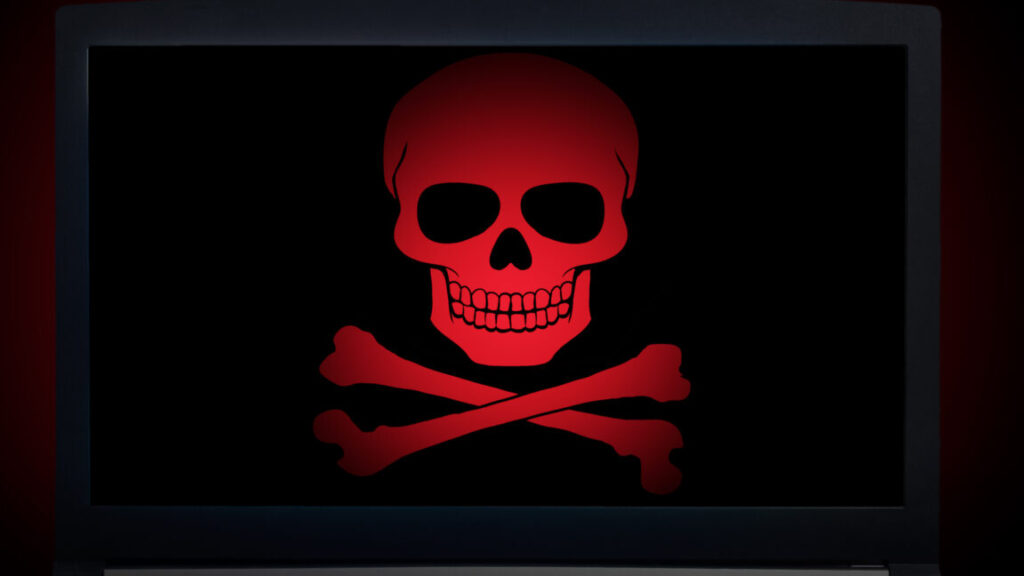Enhanced damages can be $150,000 per work, instead of the usual cap of $30,000. The jury in the case “was instructed that it could find Cox’s violations willful if Cox knew that its subscribers had committed infringement,” Sauer wrote. “That instruction was mistaken because it allowed the jury to award enhanced damages even if Cox reasonably believed that its own conduct in declining to terminate infringing subscribers’ Internet access was consistent with the Copyright Act.”
Reject Sony petition, US says
Sony wasn’t happy with the 4th Circuit ruling, either, because it threw out the $1 billion award and a finding of vicarious infringement. Sony argued that Cox profited from infringement by failing to terminate infringing subscribers and that the ruling “eliminates an especially important tool in the digital age where pursuing direct infringers—in this case, thousands of faceless individuals who cannot be identified except through an Internet service provider like Respondent—is impractical at best and impossible at worst.”
Sauer urged the Supreme Court to reject Sony’s petition for a review. “The court of appeals correctly held that Sony had not satisfied its burden of showing that Cox financially benefited from infringement on its network. As the court explained, Cox charges its customers a flat fee for Internet service, regardless of what its users do online,” Sauer wrote.
Sauer compared Cox to a landlord who charges a fixed rent regardless of what tenants use the leased premises for. “There was no evidence that Cox would be forced to collect a lower fee if the users of its Internet service ceased to infringe; that subscribers were drawn to Cox’s Internet service because of the ability to engage in copyright infringement using that service; or that Cox had used the opportunity for customers to infringe to lend credibility to the service it offered,” Sauer wrote.
On the vicarious liability question, “there is no conflict among the circuits, which all apply the same financial-benefit requirement to different fact patterns,” Sauer wrote. “Sony has not identified any court of appeals decision that reached a different result on facts similar to those here.”
Cox issued a statement welcoming the US court brief. “We are pleased the solicitor general agrees the Supreme Court should review this significant copyright case that could jeopardize Internet access for all Americans and fundamentally change how Internet service providers manage their networks,” Cox said.


